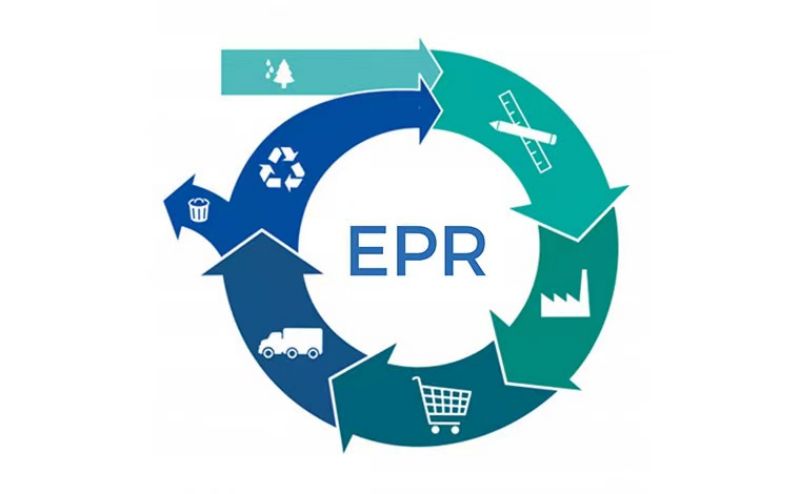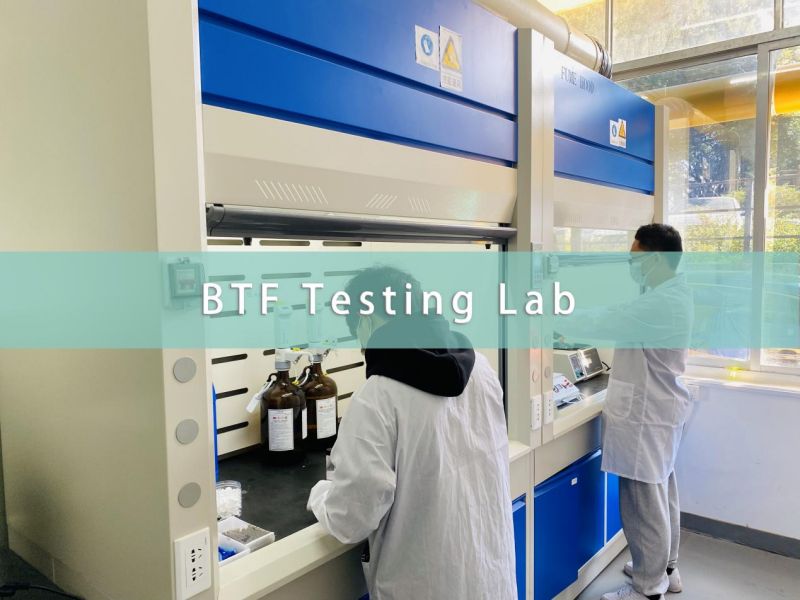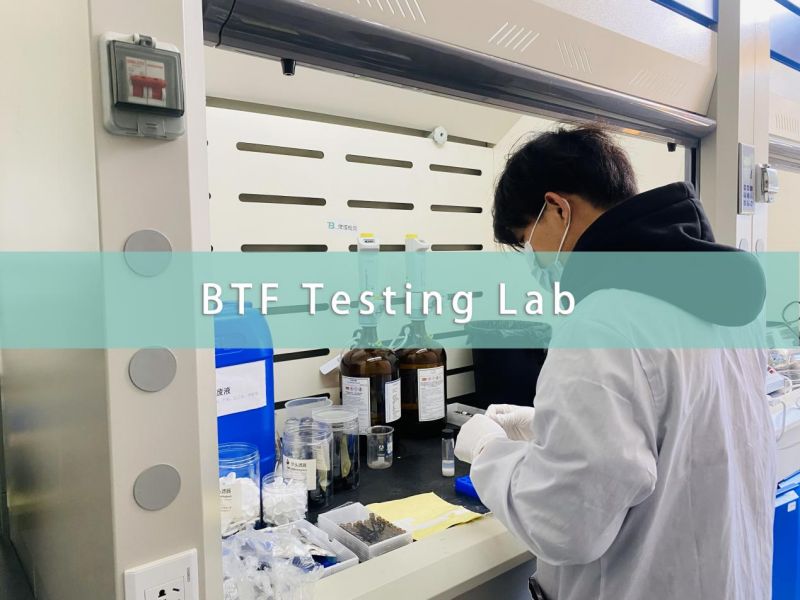
In recent years, European countries have successively introduced a series of environmental protection related laws and regulations, which have raised the environmental compliance requirements for foreign trade enterprises and cross-border e-commerce. Extended Producer Responsibility (EPR), also known as Extended Producer Responsibility, is part of the European Environmental Protection Initiative. It requires producers to be responsible for the entire lifecycle of their products in the market, from product design to the end of the product lifecycle, including waste collection and disposal. This policy requires EU member states to take action based on the "polluter pays principle" to reduce waste generation and strengthen waste recycling and disposal.
Based on this, European countries (including EU and non EU countries) have successively formulated a series of EPR regulations, including electronic and electrical equipment (WEEE), batteries, packaging, furniture, and textiles, which stipulate that all manufacturers and sellers, including cross-border e-commerce, must register in compliance, otherwise they cannot sell goods in that country or region.
1.The risk of not registering for EU EPR
1.1 Potential fines
① France fines up to 30000 euros
② Germany fines up to 100000 euros
1.2 Facing the risks of customs in EU countries
Goods detained and destroyed, etc
1.3 The risk of platform restrictions
Each e-commerce platform will impose restrictions on merchants who fail to meet the requirements, including product removal, traffic restrictions, and inability to conduct transactions in the country.

EPR registration
2. EPR registration number cannot be shared
Regarding EPR, the EU has not established unified and specific operational details, and EU countries have independently formulated and implemented specific EPR laws. This results in different EU countries requiring registration of EPR numbers. So, currently, EPR registration numbers cannot be shared in the European Union. As long as the product is sold in the relevant country, it is necessary to register the EPR of that country.
3.What is WEEE (Electronic and Electrical Equipment Recycling Directive)?
The full name of WEEE is Waste Electrical and Electronic Equipment, which refers to the directive for the recycling of scrapped electronic and electrical equipment. The purpose is to solve a large amount of electronic and electrical waste and reduce environmental pollution. The seller and the recycling company sign a recycling contract and submit it to EAR for review. After approval, EAR issues a WEEE registration code to the seller. Currently, Germany, France, Spain, and the UK must obtain a WEEE number in order to be listed.
4. What is packaging law?
If you sell packaged products or provide packaging in the European market as a manufacturer, distributor, importer, and online retailer, your business model is subject to the European Packaging and Packaging Costs Directive (94/62/EC), complying with legal requirements for packaging manufacturing and trade in various countries/regions. In many European countries/regions, the Packaging Waste Directive and Packaging Law require manufacturers, distributors, or importers of packaged or packaged products to bear the cost of disposal (product liability or responsibility for recycling and disposing of packaging), for which the EU has established a "dual system" and issued necessary licenses. The recycling requirements for packaging laws vary in each country, including German packaging law, French packaging law, Spanish packaging law, and British packaging law.

EPR Regulation
5.What is the battery method?
The EU Battery and Waste Battery Regulation officially came into effect on August 17, 2023 local time and will be implemented from February 18, 2024. Starting from July 2024, power batteries and industrial batteries must declare their product carbon footprint, providing information such as battery manufacturer, battery model, raw materials (including renewable parts), total battery carbon footprint, carbon footprint of different battery life cycles, and carbon footprint; To meet the relevant carbon footprint limit requirements by July 2027. Starting from 2027, power batteries exported to Europe must hold a "battery passport" that meets the requirements, recording information such as battery manufacturer, material composition, recyclables, carbon footprint, and supply chain.
BTF Testing Lab, our company has electromagnetic compatibility laboratories, safety regulations Laboratory, wireless radio frequency Laboratory, battery Laboratory, chemical Laboratory, SAR Laboratory, HAC Laboratory, etc. We have obtained qualifications and authorizations such as CMA, CNAS, CPSC, VCCI, etc. Our company has an experienced and professional technical engineering team, which can help enterprises solve the problem. If you have relevant testing and certification needs, you can directly contact our Testing staff to obtain detailed cost quotations and cycle information!

WEEE
Post time: Sep-05-2024










